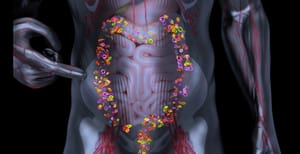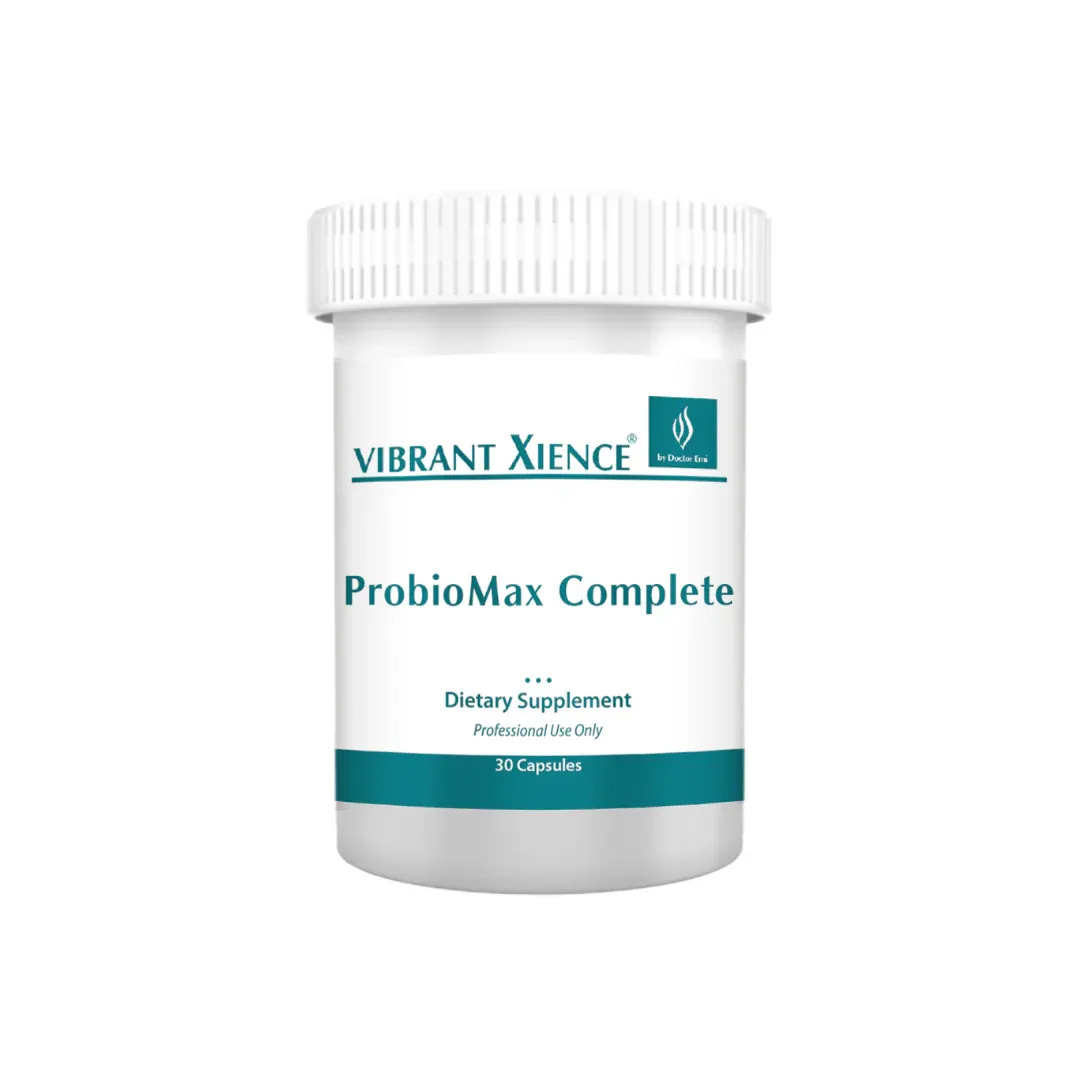When it comes to colds and flu, it seems we’ve heard (and tried) it all, from mega-dosing on various vitamins, smearing our chests (or feet) with a menthol concoction, taking a fizzy drink before boarding a plane and hoping for the best, to eating so much garlic and onions that no one wants to come within 20 feet of us. It’s time to stop these seasonal rituals and instead ask: why are some people constantly catching bugs while others seem to never catch anything? Answer: the health of each person’s microbiome.
What Is a Microbiome?
The microbiome is a garden of sorts that resides (primarily) in your gut – which is the seat of your immune system. This garden or “microbiome” consists of “10-100 trillion symbiotic microbial cells harbored by each person, primarily bacteria in the gut; the human microbiome consists of the genes these cells harbor”1 and flourishes when the gut microbial community is large and diverse.2 When you have a healthy, diverse microbiome, your immune system is able to easily fight off many types of evil invading bacteria and viruses that seek to take up residence and make you ill. However, when your microbiome is unbalanced (just as a garden would be with poor soil) because of a lack of “good bacteria,” your immune system is weakened and therefore less able (or even unable) to fend off invading bacteria and viruses and…you end up coming down with a cold or flu.
4 Ways to Strengthen Your Microbiome
1. Stop Using Antibacterial Washes
Being “too clean” on an ongoing basis is actually hazardous to your health. Your body needs the good bacteria in order to fight the bad bacteria. It’s best to use regular soap that washes away germs, dirt, etc., rather than “killing” the bacteria.
2. Antibiotics ONLY When Absolutely Necessary
The literal meaning of the word “antibiotic” is anti-life. When you take an antibiotic, your microbiome can be potentially changed in profound and lasting ways3 –and not for the better. However, antibiotics certainly have their place! Oftentimes antibiotics are either not necessary or not effective on common colds and flu (if the infection is viral). You should always first check with your doctor, and discuss the use of antibiotics with him/her – when they’re needed and when they’re not needed.
3. Feed Your Microbiome with Foods that Strengthen It
Your gut microbiome is, of course, influenced greatly by your diet.4 Naturally fermented foods are high on the list for gut health. Here is a short list of some foods to get you started toward a healthier microbiome.
Look for naturally fermented:
- pickles
- sauerkraut
- kimchi
4. Fertilize Your Microbiome with a Colony-Forming Probiotic
The literal meaning of the word, “probiotic” is for life. When you take a good probiotic, you are actually introducing live, health-promoting bacteria into your system. The new bacteria help to repopulate your microbiome (gut garden) – in other words, they’re “colony-forming” to re-boost and restore your microbiome and thus your immune system. Another positive side effect of feeding your microbiome with probiotics is weight-loss potential!5
Doctor Emi's ProbioMax Complete is a highly potent, shelf-stable, dairy-free probiotic formulation containing 100 billion colony-forming units (CFUs) per serving. It consists of 10 of the most highly researched probiotic strains, with each strain and specific CFU count being fully disclosed. These are robust strains that are capable of surviving the harsh journey to the intestines and are able to attach to the intestinal walls, where they can grow and function effectively to support gastrointestinal health.*
Please remember to consult your physician before starting this, or any other dietary supplement.
The Doctor Emi Team
*These statements have not been evaluated by the Food and Drug Administration. This product is not intended to diagnose, treat, cure, or prevent any disease.


